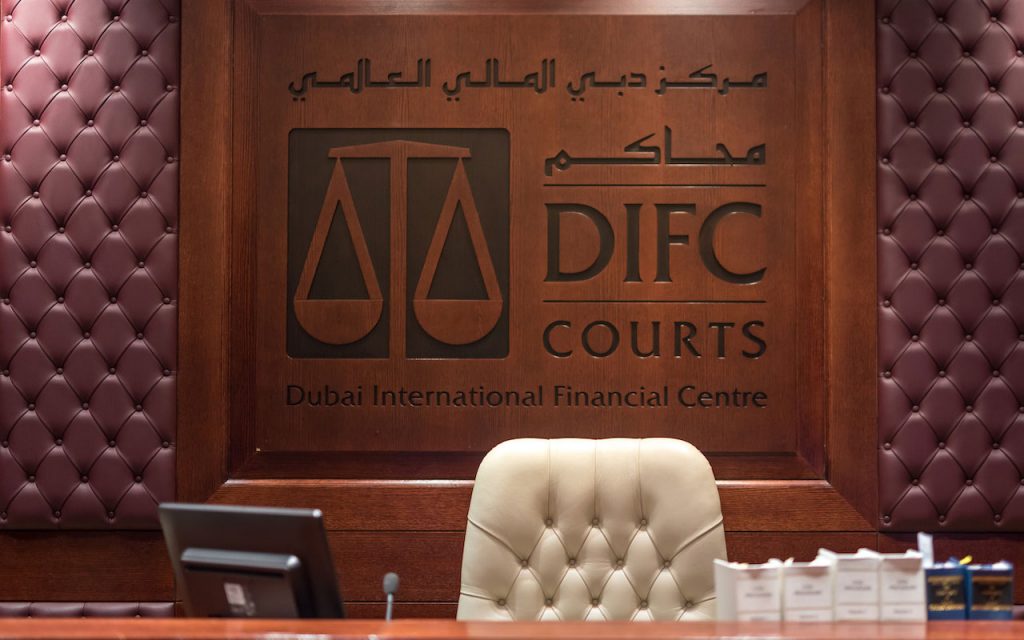A country’s legal sector plays a crucial role in determining economic performance. It promotes the establishment of economic relationships, bringing positive impacts on business activity, innovation, and the development of financial markets, thereby boosting GDP.
This is especially true for dynamic economies, such as the UAE, which are witnessing rapid economic development and need the support of a strong, agile legal sector to help keep pace with this transformation.
The UAE’s commitment to providing a highly competitive business environment is essential to its long-term vision of economic diversification. The ability of its judicial systems to support and protect the businesses that operate here will prove crucial to the nation’s long-term objective to attract and retain foreign investment.
The country’s effort in efficiently managing the pandemic, and continued investment in innovation, research and development has been successful in earning the confidence of global investors. Dubai recently achieved the top global ranking in attracting foreign direct investment (FDI) in 2021, with a record number of 418 greenfield FDI projects.
A well-run and diverse judiciary is key to continue attracting foreign investors and has proven to have a very real impact on economic growth. Investors want to be clear, among other things, about market access; the requirements for business operation; their rights and obligations; and the accessibility and enforcement of dispute resolution.
Markets with effective commercial justice regimes are estimated to grow half a percentage point faster than those without. Research has shown that the better the service a court offers, the higher the chance of the parties settling, which must be the driving preference behind any dispute resolution mechanism. The perception of justice in the market has as much to do with how people view the journey through the courts, as the decision at the end.
The fundamentals of an effective justice system include accessible courts, presided over by a highly qualified judiciary which delivers quality justice. This is essential to economic prosperity. It enables contracts to be enforced and debts paid through a just and fair process. It provides a sound framework for just dispute resolution: enabling businesses to resolve their disputes, if necessary, on their substantive merits.

Since its inception, the DIFC Courts has offered a uniquely international and experienced bench able to deal with the most complex transnational disputes. Our ambition, through continued outreach to global judicial systems, is to contribute to creating a level-playing field between individuals and businesses, by re-engineering the way access to justice is designed and delivered.
Increased digital platforms, paperless processes and virtual hearings are all now becoming the new reality. Technology has been central to our operating model since starting operations over a decade ago. Our investment in emerging technologies has enabled us to transition mindsets from ‘courts-as-a-place’ to ‘courts-as-a service’.
Instant access to information has perhaps had the biggest influence on the way we run our operations, particularly vital within the legal sector, where hordes of data need to be easily available.
Adopting user-friendly procedures, and reinforcing the overall courts experience is crucial as a stepping-stone to building trust. Effective and less-expensive access to dispute resolution procedures and regulatory systems need to work in tandem with governments that ensure the rule of law is being honoured.

Formalising links with our colleagues across the UAE and the world brings additional certainty to business and enables us to support legal excellence through swift enforcement procedures. The interest charged on loans, for instance, is influenced by the risk of a default not being enforced by domestic courts. Evidence suggests that the disparity between credit rates in markets with good commercial courts to those without is as much as 200 basis points.
As we continue our drive towards full digital transformation, we are creating a strong, well-developed legal framework to continue supporting the UAE’s competitiveness in the global economy. By combining a modern and flexible digital infrastructure with judicial and service excellence, we are providing an efficient blend of speed, flexibility and certainty required of the law generally, and particularly where the needs of business, commerce and the markets arise.





